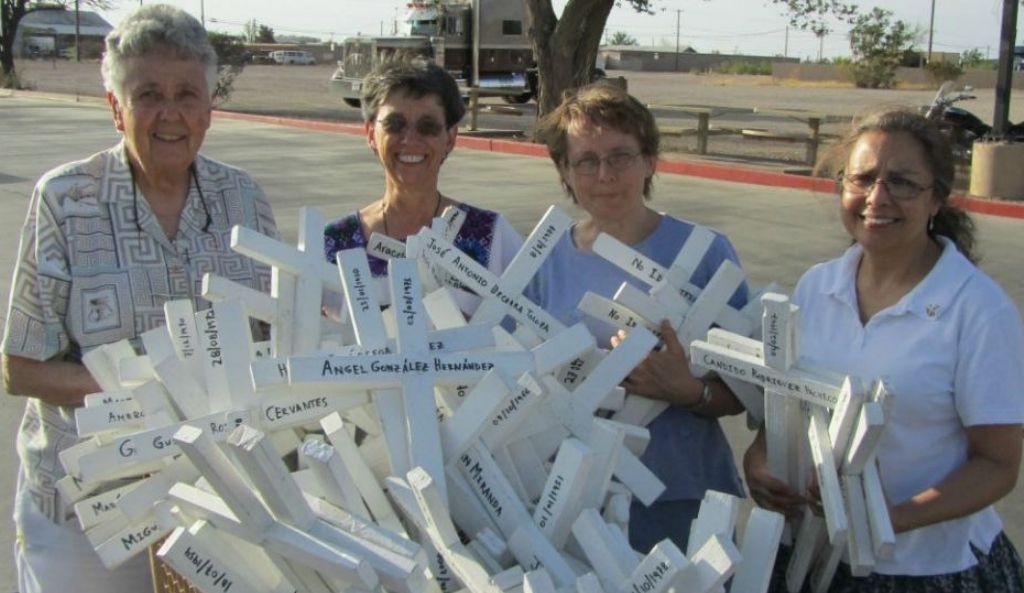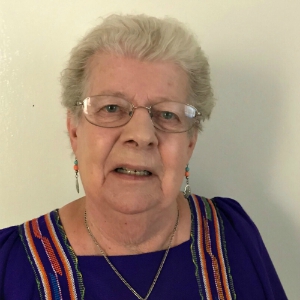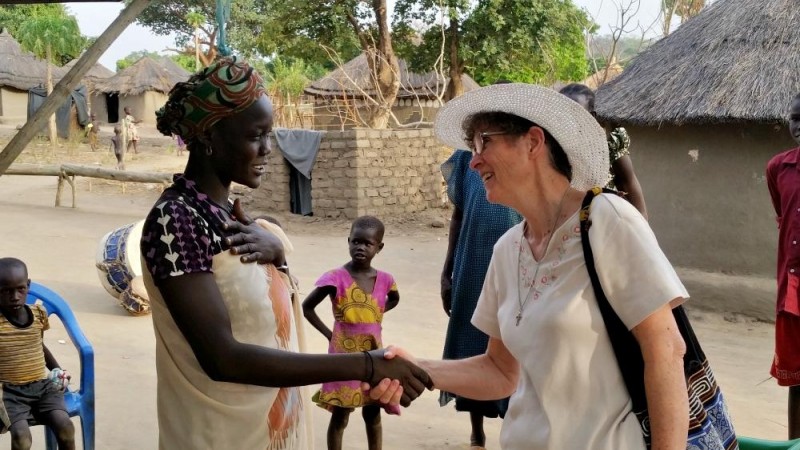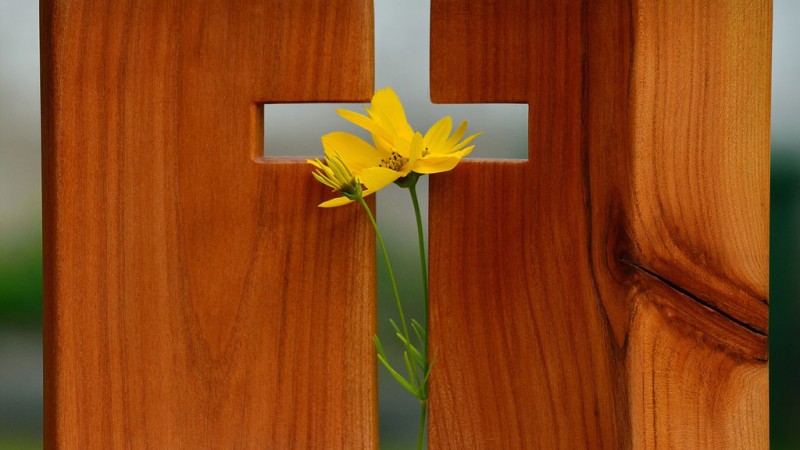
Sister Marie Vianney Bilgrien is a School Sister of Notre Dame living in El Paso, Texas. She taught grade school in Wisconsin and Mississippi and served in Bolivia as a catechist and the director of an orphanage. She directed Hispanic ministry in an Oregon diocese and worked in higher education in Shreveport, Louisiana, and El Paso. After she received a Doctor of Sacred Theology degree from the Angelicum in Rome, she began work with the Graduate Theological Foundation and the University of Texas at El Paso.
Describe ways your community, local church or country's government fosters dialogue between groups with differing values.
 The School Sisters of Notre Dame have an international committee on peace and justice with regional committees working in different areas around the world, dealing with reconciliation, solidarity with the oppressed, promotion of human dignity, and collaboration with ecological movements to safeguard Earth.
The School Sisters of Notre Dame have an international committee on peace and justice with regional committees working in different areas around the world, dealing with reconciliation, solidarity with the oppressed, promotion of human dignity, and collaboration with ecological movements to safeguard Earth.
Our congregational goals are: Shalom. Peace, justice and care of creation. Our main areas of concern are: immigration/migrants/refugees; human trafficking; peace and nonviolence; indigenous peoples.
We operate a nongovernmental organization with a sister representative who participates in U.N. meetings, such as the U.N. Commission on the Status of Women. Each year, some of our colleges send a few girls to experience how the U.N. works and do some advocacy.
I live and work in El Paso, Texas, which has become a hotbed and center of the U.S. refugee situation. Annunciation House has a 40-year history of helping refugees, so it has a good staff and trained volunteers.
El Paso has many such groups. The newest is the Hope Border Institute, an independent grassroots organization based on Catholic social teaching. We use research, reflection, leadership development, education and action in working for justice to transform the region around El Paso; Cuidad Juarez, Mexico; and Las Cruces, New Mexico.
The dedicated people of this area have worked together for decades to fight injustice issues as they arise. It is discouraging that so many people in the United States have no idea even of where this area is and only think of it in terms of drugs and violence. El Paso averages 23 murders a year; for the last five years, it has been named the first or second safest big city in the United States. The people are solid citizens trying to help their suffering brothers and sisters.
On June 27, the bishop of El Paso, Mark Seitz, learned that a group of refugees who had legally crossed into the United States was being taken back across the border as a result of the "Remain in Mexico" program. He went down to the bridge, talked and prayed with the group, and walked with them across the border. He then spent hours discussing with the authorities and lawyers why the group should be allowed to stay in the U.S. After hours of discussion, he and the group returned to the U.S. But what will happen next?
We're delighted to bring you this blog from the monthly feature "The Life" courtesy of our friends at Global Sisters Report. This month "The Life" panelists reflected on the ways their community, local church or country’s government fosters dialogue between groups with differing values. Click HERE to read more blogs from The Life, GSR's monthly feature about the unique, challenging and very specific lives of women religious around the world.

